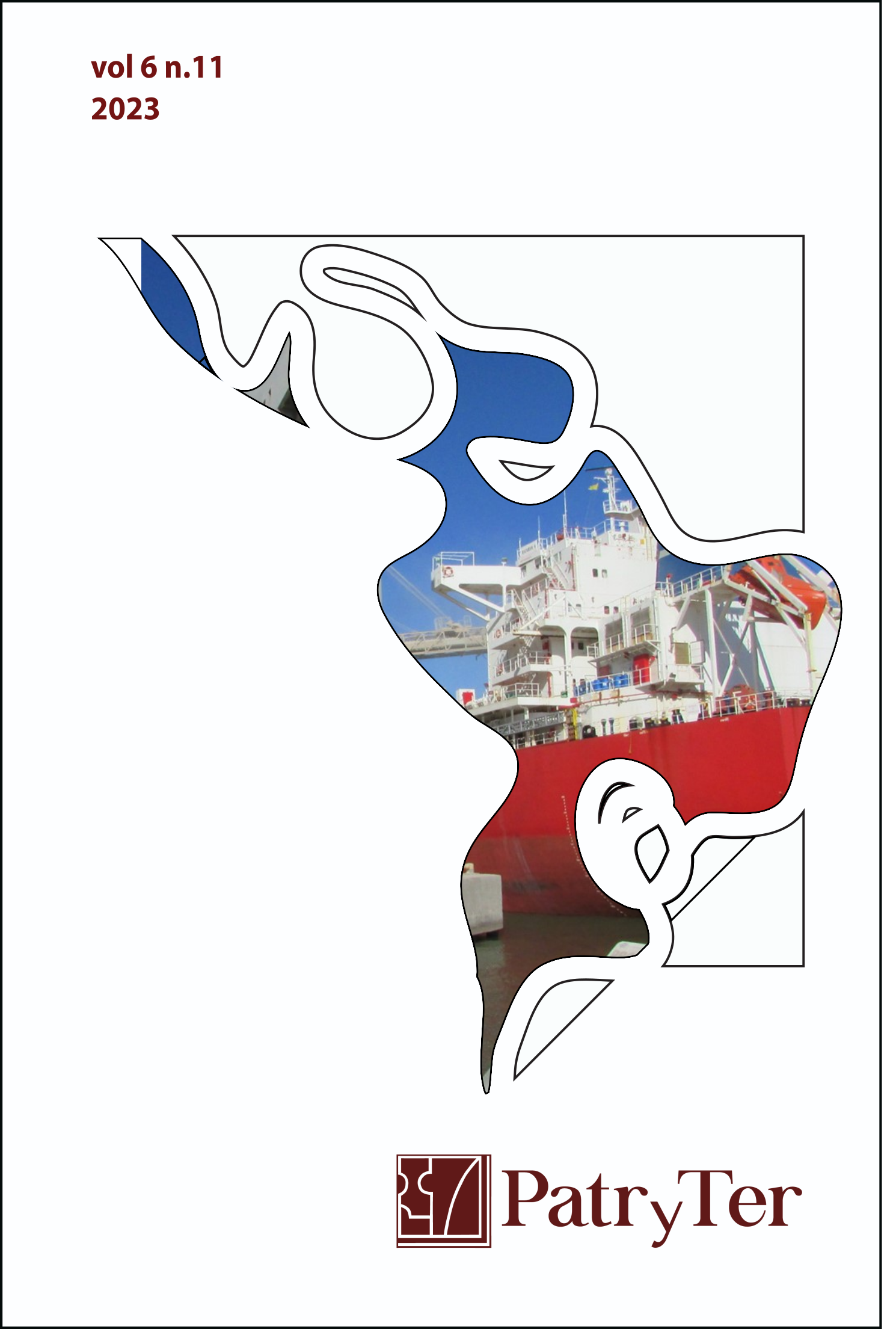Governance, habitat and participation. Archipelago of forests and jungles of the Capital Region of Veracruz
DOI:
https://doi.org/10.26512/patryter.v6i11.40542Keywords:
natural environment. community. developingAbstract
In the search for strategies for the proper management of protected natural areas, this research leads to the establishment of socio-spatial parameters in the urban-rural interface and its transformation from the natural to the anthropic environment. The Metropolitan Zone of Xalapa, Veracruz is specifically analyzed, since in this area there is a close relationship between human settlements and a protected natural area that frames the urban sprawl. The objective is to define strategies for spatial transformation through participation, management and governance, to promote sustained comprehensive development, through the use of mixed methodologies on issues of habitat, habitability and development in the study of the Multifunctional Biological Corridor of the Capital Region of the State of Veracruz (CBMRCEV). Finally, as conclusions, evidence of the social construction of identity is presented through a gradual process, where integral development stands out and self-consumption, self-management and self-development are strengthened.
Downloads
References
Beraún, J., & Beraún, A. (2008). Dinámicas socioterritoriales en espacios neorrurales: La metamorfosis de la comunidad campesina San Pedro de Yanahuanca. Revista Investigaciones Sociales, 12(20), 85-102. https://doi.org/10.15381/is.v12i20.7169
Castells, M. (2001a). La era de la información: Economía, sociedad y cultura (vol. 1). México: Siglo XXI.
Castells, M. (2001b). La era de la información: Economía, sociedad y cultura. Volúmen II: El poder de la identidad. México: Siglo XXI.
Etzioni, A. (1993) The Spirit of Community: The Reinvention of American Society. New York: Touchstone.
Downloads
Published
How to Cite
Issue
Section
License
Copyright (c) 2023 PatryTer

This work is licensed under a Creative Commons Attribution-NonCommercial-NoDerivatives 4.0 International License.
Please be advised that Revista Patryter is licensed under a Creative Commons Attribution-NonCommercial-NoDerivatives 4.0 International License (CC BY 4.0) https://creativecommons.org/licenses/by/4.0/
Authors who publish in the PatryTer Magazine agree to the following terms:
- Authors retain the copyright and grant the journal the right of first publication, the work being simultaneously licensed under the Creative Commons Attribution License (CC BY) which allows the sharing of the work with recognition of the authorship of the work and initial publication in this journal.
- The contribution is original and unpublished and is not being evaluated for publication by another journal. When submitting the article, authors should attach as a supplementary document a Letter addressed to the PatryTer's Editor, indicating the academic merits of the submitted work (relevance, originality and origin of the article, that is, from what type of research]. This letter must be signed by all authors.
- Authors assign the copyright of the work that they present to the Editorial Board of PatryTer Magazine, which may serve the article in the PatryTer Magazine and in public and private databases in Brazil and abroad.
- Authors declare that they are fully responsible for the entire contents of the contribution that they submit to the Editorial Board of PatryTer Magazine.
- Authors declare that there is no conflict of interest that could interfere in the impartiality of the scientific papers submitted to the PatryTer Magazine Editorial Board.
- Authors are authorized to take additional contracts separately, for non-exclusive distribution of the version of the work published in this journal (eg publish in institutional repository or as a book chapter), with acknowledgment of authorship and initial publication in this journal.
Authors are allowed and encouraged to publish and distribute their work online (eg in institutional repositories or on their personal page) at any point before or during the editorial process, as this can generate productive changes as well as increase the impact and the citation of the published work (See The Effect of Free Access).




